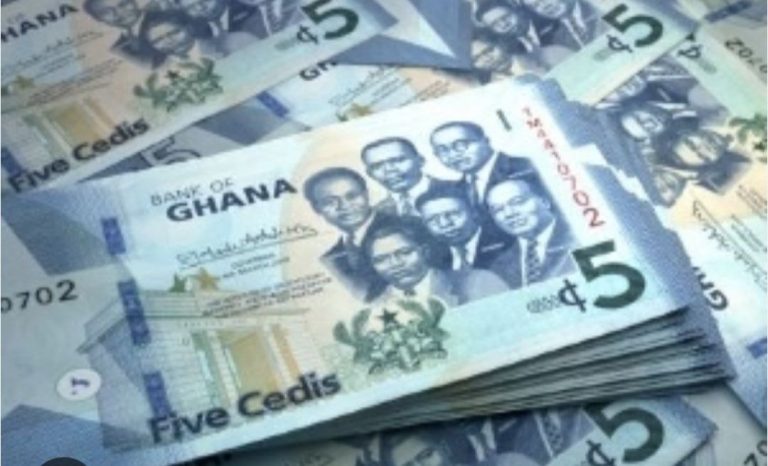Ghana may be on the cusp of lower interest rates, as sustained disinflation and relative currency stability offer a more favorable economic outlook, according to banking industry leaders.
Speaking at the 11th Absa-UPSA Law School quarterly banking roundtable in Accra, Mr. John Awuah, Chief Executive Officer of the Ghana Association of Banks, expressed cautious optimism. He noted that while interest rates remain high, current macroeconomic indicators point to a potential downward adjustment in the near term.
“The signs are encouraging,” Mr. Awuah said. “Inflation is declining, the cedi has been relatively stable, and banks are beginning to feel more confident in their medium-term outlook. However, any change will ultimately depend on decisions by the Bank of Ghana in its next Monetary Policy Committee meeting.”
He emphasized that although banks are eager to see interest rates ease, the industry supports a measured and data-driven approach to rate adjustments. Lower rates, he noted, would provide relief to businesses and households, stimulate lending, and drive economic activity.
Market analysts have echoed similar sentiments, pointing to inflation figures that have gradually declined over the past six months, thanks to tighter fiscal controls and improved foreign exchange inflows.
Nonetheless, Mr. Awuah cautioned against premature expectations, stressing the need to monitor global trends, commodity prices, and domestic fiscal discipline.
As anticipation builds ahead of the next policy announcement, commercial banks and investors alike are watching closely for signs of a more accommodative monetary stance.

